One of the reasons I still buy newspapers is that what no longer seems to be true of vocabulary and budget deficits is still true of headlines: size matters. Typography, a wise old typographer once told me (just before Steve Jobs made him redundant), talks to you before you read it, and I doubt whether seeing the words ‘Brace for war in our time’ in 15pt Calibri on the screen of my iPhone would have been half as compelling as seeing them, as I did last weekend, spread across two pages of the Australian in 100pt upper case Times Roman. Timing also mattered, of course. There was nothing very scoopy about the events and facts which are the backdrop to Alan Dupont’s comprehensive survey of the looming Chinese menace. It’s 18 months since Scott Morrison told the UN that Beijing might have some Covid explaining to do, six months since the first of Xi Jinping’s trade sanctions kicked in, and two months since Aukus was unveiled. But if the same headline had appeared even a few weeks earlier it would have seemed alarmist, combative, de trop. A tipping point must have been passed, though, because now, with the wheels of SinOz diplomacy grinding to an unprecedented halt, and an eerie, calm-before-the-storm silence falling over the South China Sea, that headline seems depressingly proportionate; the ‘in our time’ Chamberlain sampling and ‘brace’ imperative implying that Australian participation in the next military superpower conflict is not just unavoidable but imminent.
Which makes it hard to laugh off an ex-Labor prime minister’s characteristically withering assessment of our submarine deal the way we would laugh off the rancorous, unsolicited interjections of one of his more recent Coalition successors. Notwithstanding the hyperbole of Mr Keating’s comparison of the new fleet’s effectiveness against China’s maritime arsenal to ‘throwing a handful of toothpicks at a mountain’, if Xi Jinping really is planning to roll into Taiwan next Thursday, as everybody seems to think, he’s unlikely to upgrade Australia’s military deterrence rating from ‘keep out sign’ to ‘speed bump’ if the first of those toothpicks won’t even be throwable before 2040. The true value of the new sub deal, of course, is that it puts taxpayers’ money where Peter Dutton’s mouth is vis-à-vis Australia’s commitment to US Pacific policy, whatever that policy might be. Just as the true value of Mr Morrison’s Cop 26 commitment to net zero is not that the reduction of Australia’s CO2 emissions by even 100 per cent would make any measurable difference to global warming (which he knows as well as anyone it wouldn’t), but that it demonstrates on yet another front Australia’s solidarity with the mostly English-speaking Western democracies on whose goodwill, even 75 years after the end of the last world war, our peace and prosperity continues to depend.
I am trying not to let the prospect of Australia being dragged into a third world war put too much of a crimp in my Christmas. But if that headline does prove prescient, and that war escalates to a nuclear holocaust, I will at least console myself with the certainty that the cockroaches which live behind my fridge aren’t the only Australian lifeform which would survive.
Despite the world having been being assured repeatedly by climate scientists that the Great Barrier Reef is toast, the latest official surveys show that, far from facing extinction, its coral has never been in ruder health, and is indeed reproducing faster than the busiest Covid variant. It would be nice to think, in this season of goodwill, that even if James Cook University chooses not to sack the academics whose dodgy data contributed to the reef alarmism which has taken such a toll on Queensland’s farming, mining and tourism industries in recent years, they will at least offer Peter Ridd — the man who drew attention to the dodginess — his job back. But I suspect that this is about as likely as the Myanmar junta releasing Aung San Suu Kyi on a good behaviour bond. Or the US Department of Justice dropping their Julian Assange extradition suit on the grounds of dwindling public interest.
Or the Chinese authorities giving Peng Shui permission to appear on Oprah. Or, least likely of all, the ABC admitting it’s ever been wrong about anything.
Ho ho ho.
Got something to add? Join the discussion and comment below.
Get 10 issues for just $10
Subscribe to The Spectator Australia today for the next 10 magazine issues, plus full online access, for just $10.
You might disagree with half of it, but you’ll enjoy reading all of it. Try your first month for free, then just $2 a week for the remainder of your first year.


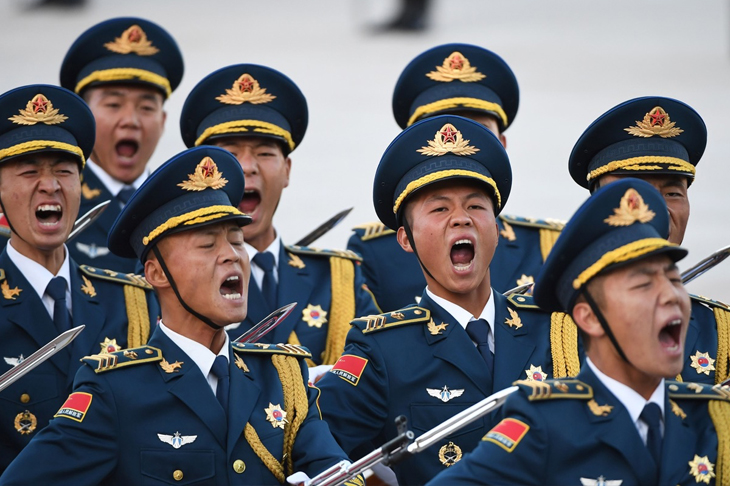
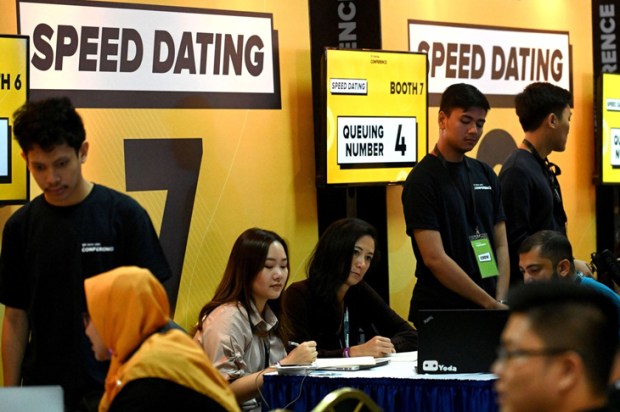
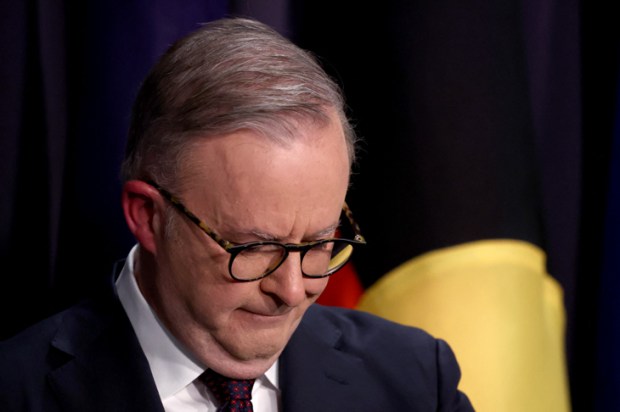
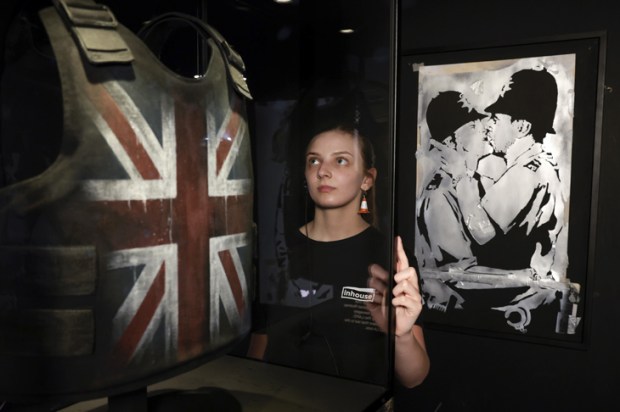
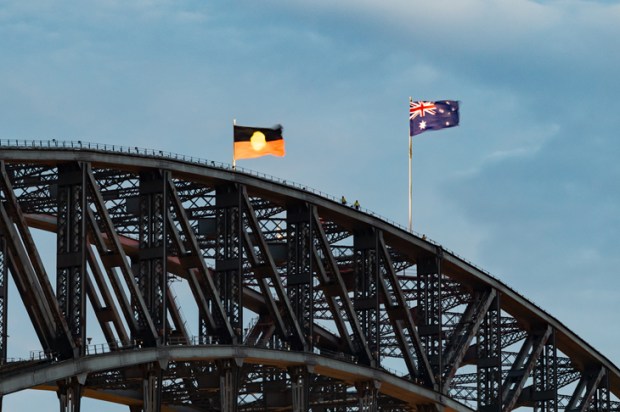

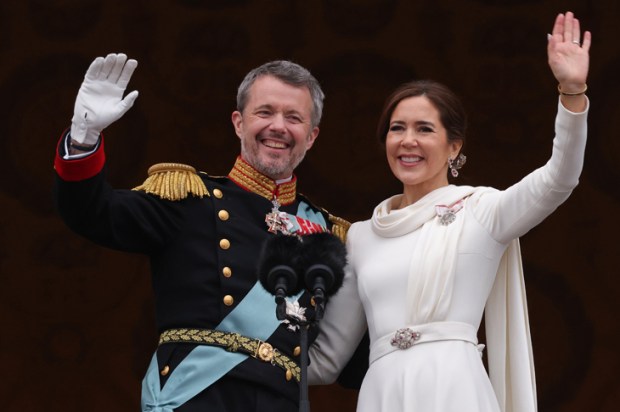






Comments
Don't miss out
Join the conversation with other Spectator Australia readers. Subscribe to leave a comment.
SUBSCRIBEAlready a subscriber? Log in